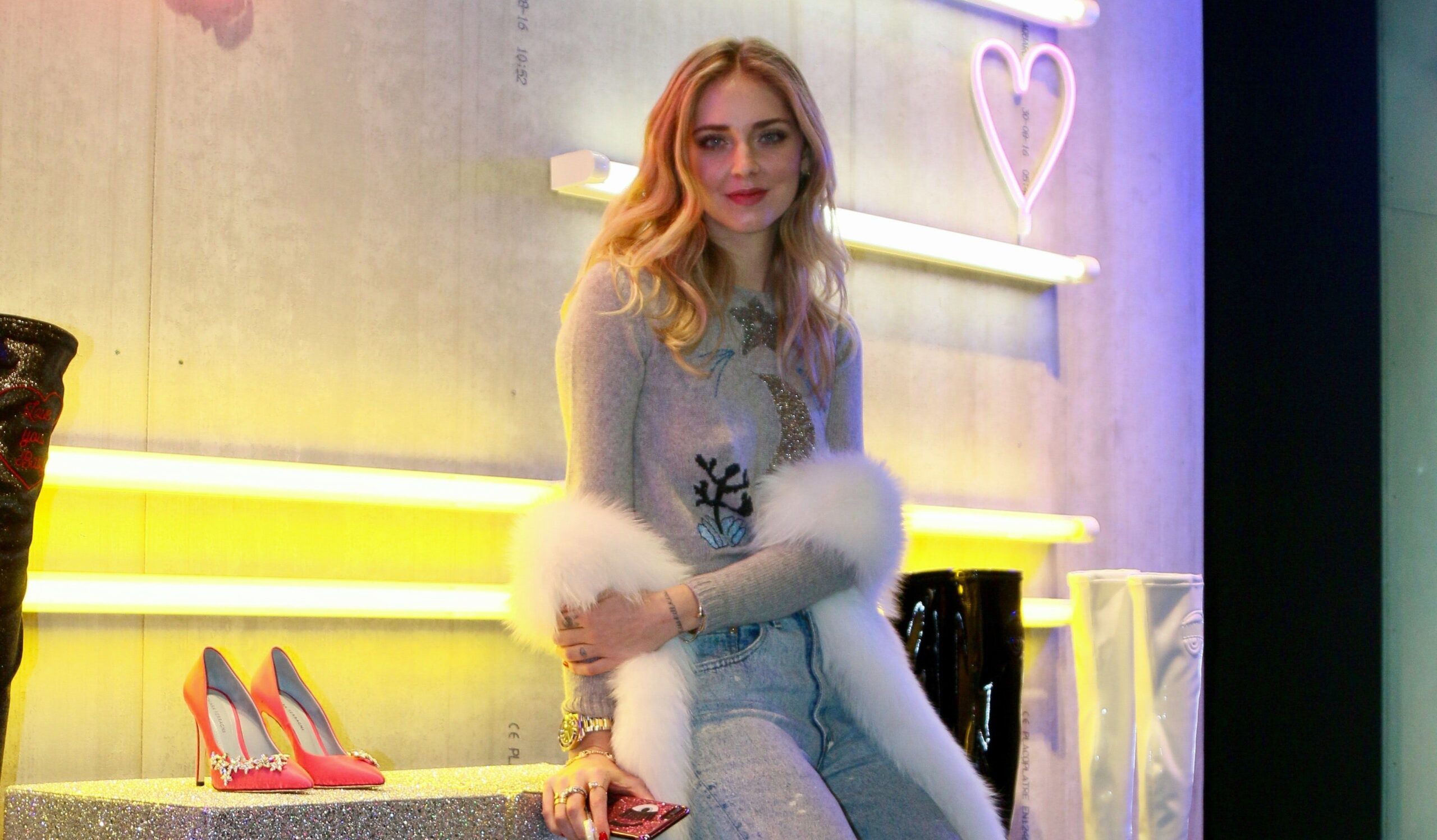
Italy’s cabinet is set to approve a bill demanding greater clarity from companies that link product sales to charity donations after top fashion influencer Chiara Ferragni came under fire for misleading posts about a Christmas cake.
Ferragni, with nearly 30 million followers on Instagram, was fined last month after Italy’s competition watchdog AGCM found that consumers had been duped into thinking that by buying a Ferragni-branded pandoro cake they were contributing to a children’s hospital.
Prime Minister Giorgia Meloni was among those who criticised the influencer, who apologised and admitted to a “communications error.” She said she would give €1 million ($1.1 million) to a children’s hospital.
Eyewear maker Safilo subsequently interrupted a contract with Ferragni, saying she had violated good conduct clauses and prosecutors in Milan are investigating her for alleged fraud related to other campaigns. Her lawyers said she would prove her innocence from all charges.
A draft of the bill seen by Reuters and due to be approved on Thursday, stipulates that products linked to charity donations should indicate the purpose and recipient, and make clear the share of the price going to charity.
The bill envisages fines of up to €50,000 ($54,500) for those who fail to respect such obligations. In case of repeated violations, their activities can be suspended for up to one year.
Prime Minister Meloni said this week that the Ferragni case had shown there was a lack of transparency in the regulations on commercial activities with charitable purposes and the government was ready to intervene on that.
Matteo De Angelis, a professor of marketing at Luiss University in Rome, said tight rules may boost the reliability of charity campaigns in the short term, but it will remain challenging to control social media advertising in the future.
“It is a world that is difficult to control, there will be grey areas which will make it hard to determine what is sanctionable and what is not,” he told Reuters.
De Angelis said companies seek sponsorship contracts with influencers regardless of their credibility, because they can reach a large number of consumers through their accounts and offering a charity opportunity gives an added incentive to buy.
“People are not induced to buy just because Chiara Ferragni sponsors [the product], but with the donation you invite them to act,” he said.
By Giuseppe Fonte and Angelo Amante; Editing by Alexandra Hudson
Learn more:
Op-Ed | Have We Reached Peak Influencer?
Chiara Ferragni’s legal troubles and tainted image are a sign the pendulum is swinging from influencer-led marketing back to traditional media.



